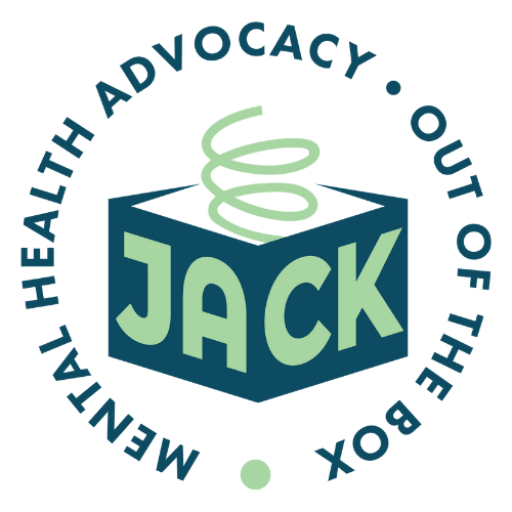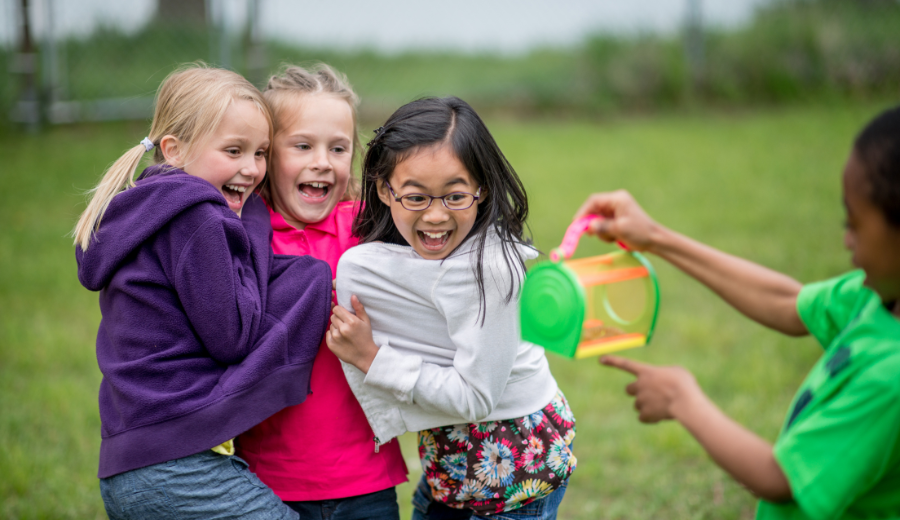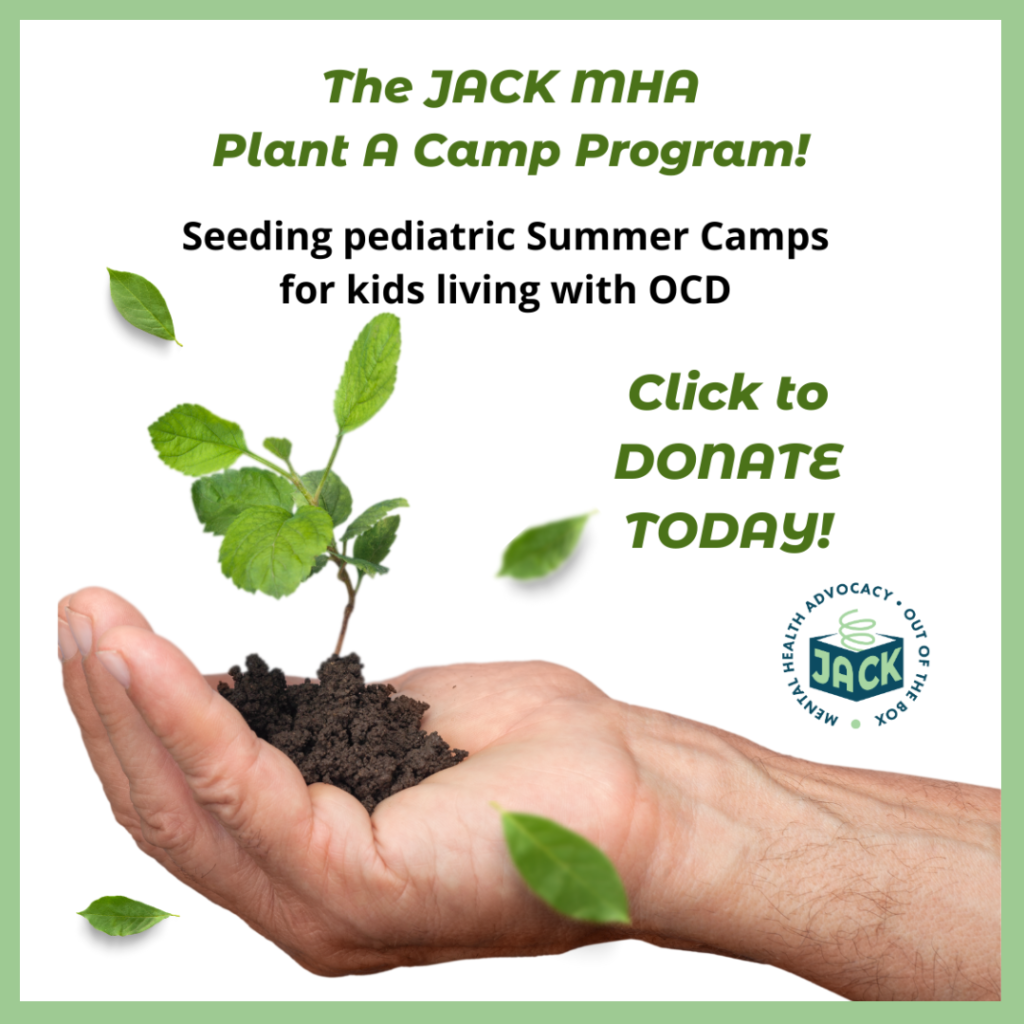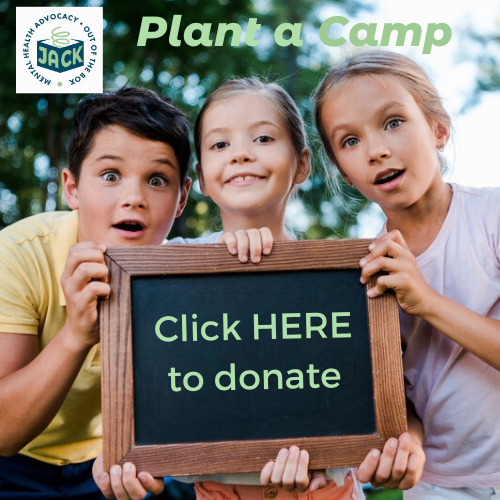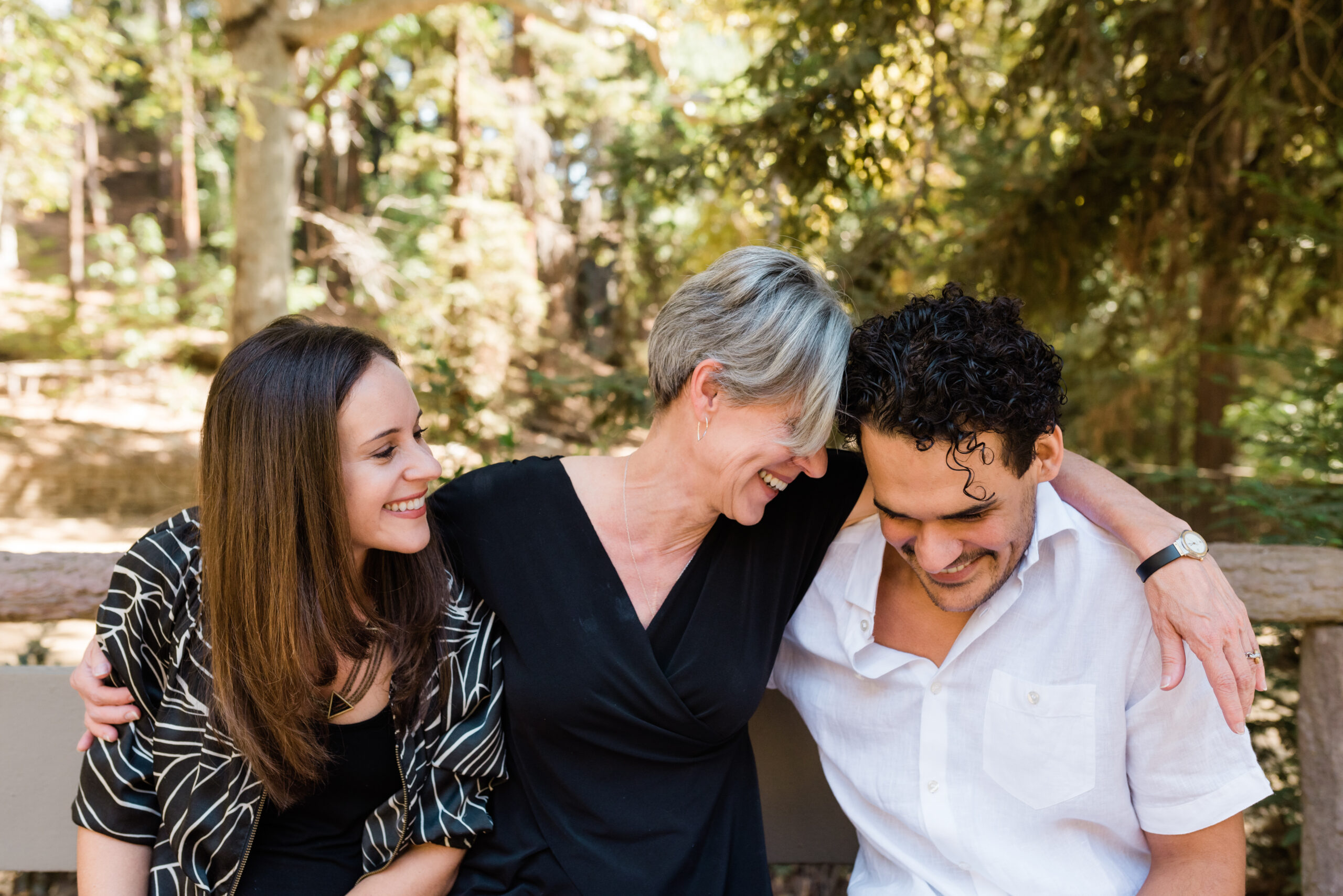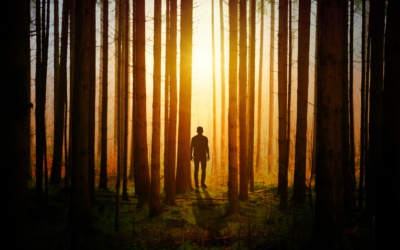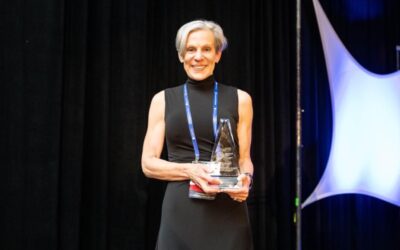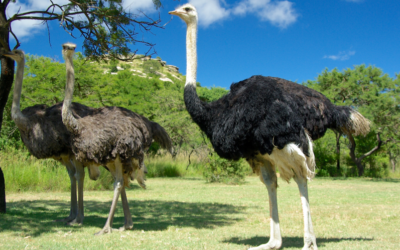Kids learn more from other kids than they do from adults!
JACK Mental Health Advocacy (JACK) launched its Plant a Camp Program at the 2023 annual IOCDF Conference. And boy, are we excited to talk about it! We sat down with JACK founder Kim Vincenty and board member Ashley Ordway, Med/Ed.S, LMHC, to get the details. In a nutshell, JACK is offering significant financial support to IOCDF affiliates willing to “plant a camp” in their region.
This year, JACK accepted proposals from affiliates who created well-structured, evidence-based camps that will launch in the summer of 2024. At JACK, we hope to bring this remarkable opportunity to children and their families nationwide by supporting a number of camps annually. Here’s what Kim and Ashley have to say about this wonderful opportunity for children with OCD and their families.
JACK – Tell us what you’d like people to know about the Plant a Camp Programs
Kim Vincenty – When I first witnessed a camp for kids with OCD, I knew it was something that needed to happen everywhere. Fortunately for us, JACK MHA was able to partner with Ashley Ordway and create a manual that we could submit to all the U.S. IOCDF affiliates and encourage them to plant the camp in their region. In fact, we have selected proposals from OCD Wisconsin, OCD Georgia, and OCD Louisiana!
Ashley Ordway – Bouncing off of that, I think the really awesome thing about Plant a Camp is putting more resources in areas where children may not be able to access the type of care that is helpful for them to challenge their OCD or associated disorders. Especially in parts of the country where you have “desert areas” when it comes to clinicians knowledgeable in OCD. There are really large areas in the country that need providers. We want to provide a place where parents can be involved, and kids can get the care that they need.
JACK – What ages are eligible?
Ashley Ordway – Each camp has a unique age range, but they span from eight years old to sixteen.
Kim Vincenty – The other thing that’s great about Plant a Camp is that parents tend to be reluctant to put their kids in intensive programs when they’re learning to live with their kids’ anxiety. However, if they sign up for a camp, it gives the kids a lot more hours in a day to work on their OCD. And it’s just more user-friendly for families to talk about their “child being at a camp” versus their child being in an “intensive treatment program for their OCD.”
JACK – Is Plant a Camp an intensive program for OCD?
Ashley Ordway – Yes, it is an intensive program for OCD. It’s just in a camp setting. So it takes place over the summer and in Plant a Camp; even though we do provide a manual, it’s not a strict environment. Some things are mandatory, but in general, we want to give each of the affiliate programs the opportunity to emphasize their strengths and know what their population needs.
For example, the camp in Wisconsin is an overnight camp, which is amazing because they have the capacity and ability to do that. By contrast, the camp in Louisiana has a private practice, and their days are shorter, but they are tuning into the needs of their community. The camp in Georgia is affiliated with Emory University, so it has an academic medical center. Each camp meets the community where they’re at with the resources and expertise they have.
JACK – Who sponsors Plant a Camp, and how do you get the word out?
Ashley Ordway – At the International OCD Foundation Conference in July, we spoke to all the IOCDF affiliates who attended and offered funding, consultation, and a manual to Plant a Camp. We let them know that each affiliate program must join together with a clinic to submit proposals. Partners could either be private practice, academia, or a medical center.
Kim Vincenty – As a nonprofit, we have prioritized funds raised from our generous donors to support the Plant a Camp Program because we believe so strongly in this project. It represents a significant investment for us, but one that is incredibly worthy! I also want people to know that Ashley did a remarkable job putting together a manual to serve as a guide for the participating camp affiliates. She has a heart of gold and expertise and wants this to happen for kids.
JACK – Okay – how is a Plant a Camp created?
Kim Vincenty – We formed an advisory team made up of JACK Mental Health Advocacy, Ashley Ordway, and the IOCDF to review proposals from interested IOCDF affiliates. We looked for those who had structured their proposals so that we felt confident they would execute a feasible camp by the summer of 2024 (based on specific criteria). JACK is investing $15,000 per affiliate camp.
JACK – What are the criteria?
Ashley Ordway – They must have evidence-based practices for OCD and anxiety disorders, determined by the IOCDF: cognitive behavioral therapy and exposure response prevention (ERP). They also must have a medical director and a medical provider on site; many of these kids are on medication. We wanted someone on site with a medical license to handle complex medical issues, answer questions for parents, and also manage the day-to-day scrapes and bumps that come with having fun. In the manual, we provide a lot of examples of activities and things to focus on. Camps can focus on individual and group activities, but all activities concentrate on exposure therapy. So, it might be challenging social anxiety, contamination, symmetry, or just right. There might be team building or bonding activities as well.
One of the best parts about camp is that kids learn more from other kids than they do from adults! They’re more likely to open up, to be inviting, to care what other kids are saying. That is one of the biggest impacts of camp. You are more likely to engage if your peers are doing it, too.
Kim Vincenty – Typically, a child that enters therapy, particularly the younger kids, rarely encounters another child with OCD. They tend to keep it hidden at school. So, being in a community of peers who are having the same struggle is valid, valuable, and validating. It makes them feel like they are not alone – they’re not such an outsider after all.
JACK – Can you give us an example of an activity that might take place at Plant a Camp?
Kim Vincenty – I had an opportunity to see a camp a few years ago. When I arrived, the first activity I saw was a kickball game. The first base was a giant mat that was covered in what looked like vomit. The second base mat looked like dirt. The third base was poop, I think? It looked clumpy. The campers were barefoot, and they had to touch the base with their foot. And, of course, the excuses abounded. Some kids said, “I twisted my ankle.” Or “I can’t run.” But within about 20 minutes, everybody was fully participating, clapping and encouraging those who found it difficult. It was amazing!
In the beginning, some kids were struggling and trying to walk away from the game – hiding behind a tree. But there were plenty of associates or interns there who brought them back to the fore. It was just so validating and clearly fun. Then I saw an un-talent show. This was for the kids with social anxieties or fear that they were going to do something wrong or say something wrong. The un-talent show had every counselor and every kid doing something they were bad at in front of everyone.
And again, the remarkable thing was that those kids who absolutely never get up in front of anyone were participating at the highest level.
What is the $15,000 for?
Kim – The money is for clinicians to be paid, as well as venue and supply costs where necessary. This allows well-trained clinicians to take part in Plant a Camp and still get compensation. We hope participants will publish their findings about the plant’s efficacy.
Ashley – And what’s really awesome about Kim and JACK MHA being able to fund Plant a Camp is that camp is expensive, certainly on the clinician side, but also providing a camp that’s accessible for families who might not be wealthy. So, if we can provide funding on the back end, participants can have more flexibility when it comes to scholarships or making tuition as cost-effective as possible. From the beginning, I have just been trying to increase access to care, particularly over the summer when kids are not in school.
It removes so much stigma by just changing the name from “therapy” to “camp.”
Finally, what excites you about Plant a Camp? How do you see it evolving?
Ashley – I’m extremely excited to have Plant a Camp actually come to fruition! Before joining up with Kim and JACK MHA, an accessible summer camp for children with OCD was a long-term goal. So, making this happen is the best part of my entire year. It is hard work, but it’s worth it because the kids get so much better. They have such a great time – they make friends that have the same things going on as they do, and they’re able to have that experience in the same place year after year!
Kim – As far as what excites me, I can’t wait to get proposals for next year. I mean, I cannot wait. I can’t wait to gather with the people who implemented camps in 2024 and learn from them and their experiences. And then, I can’t wait to expand this to other affiliates! There are 38 OCD affiliates, and that takes money, but we have the ambition to do it right. Plant a Camp can be a game changer for children – they are experiencing evidence-based therapy like ERP, but together with their peers who are also struggling. It removes so much stigma by just changing the name from “therapy” to “camp.” It is also far more cost-effective than sending a child to therapy for six hours every day for a week!
Is there anything else you’d like to say about Plant a Camp?
Kim – Clearly, this is an ambitious undertaking, but we are already seeing incredible enthusiasm for the project. Dollar for dollar, this impacts more individuals than other initiatives and will allow for evidence-based care for kids and their families who would otherwise find treatment unaffordable. We are asking for any contribution you can make toward our goal of planting an additional three camps this coming year. Early intervention is critical, and a summer camp experience should be a right of passage for any child.
JACK MHA would like to thank Sallyn Pajic and Natural Life for their generous support of this vital project. We feel blessed to have donors who understand our vision and want to bring evidence-based care to kids through this initiative. If you would like to contribute towards the 2025 pediatric camps, you can donate the funds below and earmark them to be used explicitly for the Plant A Camp Program. Our hearts are full, and our gratitude is endless.
Please help us by clicking the link below and donating! Email your requests for the donation to go directly to “Plant A Camp” to info@jackmha.org.
